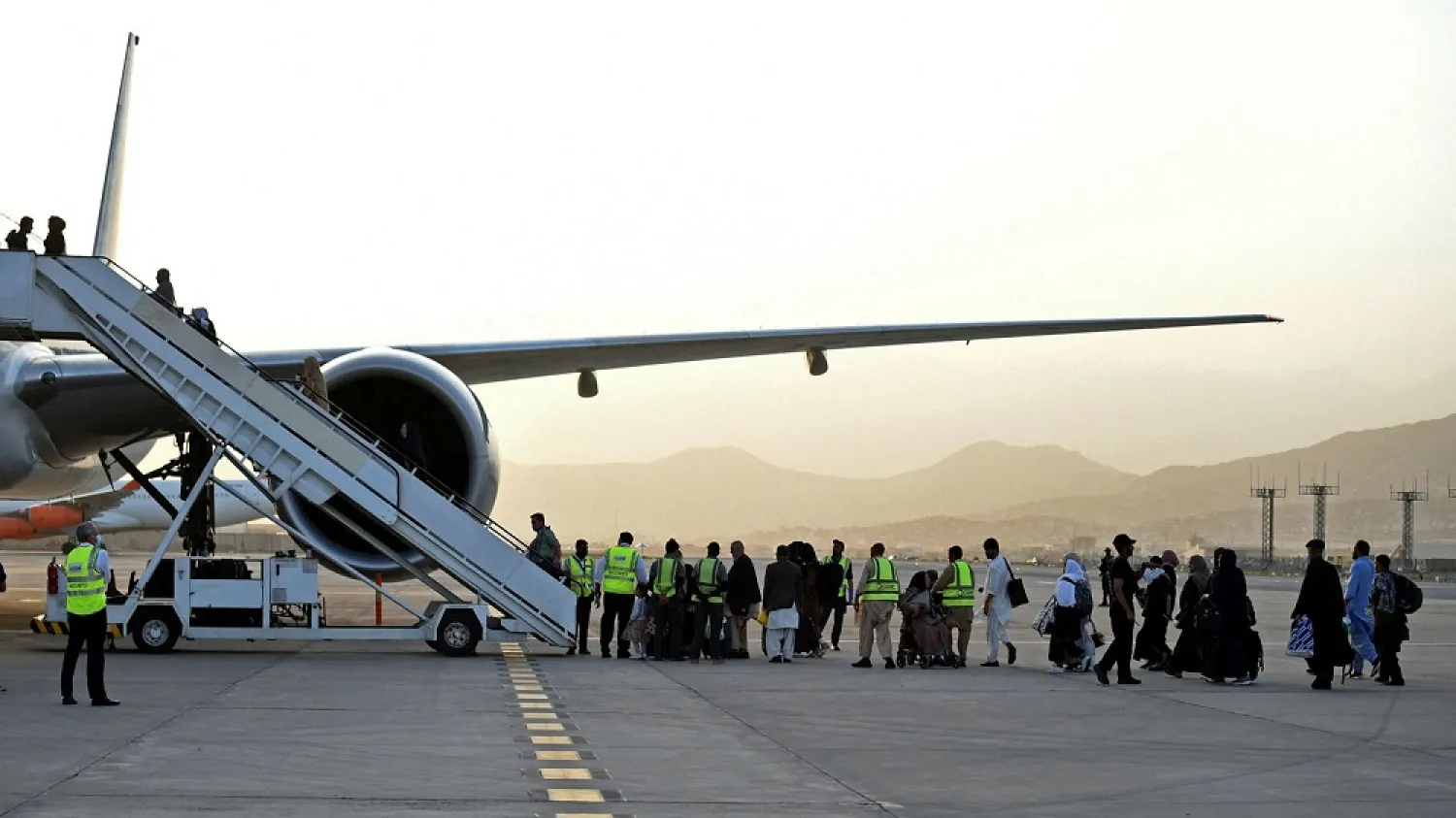Afghanistan’s harsh winter will create new difficulties for people wishing to leave with the Kabul airport still in disrepair, a US official warned Monday.
Thomas West, the US pointman on Afghanistan, said that the Taliban still has largely made good on promises to let US citizens and US long-term residents leave if they so choose after the insurgents’ overthrow of the Western-backed government.
“I think the real challenge we face is potentially logistical especially as we head into the winter months,” West told reporters
“Many runway lights are damaged and not functioning and the airport’s ability to operate in the winter months is in question,” he said.
West voiced hope that the Taliban would work with partners on fixing up the airport, which is primarily accommodating costly and limited charter flights.
Turkey and Qatar have both previously voiced a willingness to work on the airport.
The US military took over the airport in August in the last days of its 20-year war in Afghanistan, evacuating tens of thousands of foreigners and Afghans who feared the return of the Taliban.
Safe passage has been a key condition for the United States as it decides whether it can work with the Taliban.
West, however, said it was too early to think about reopening the US Embassy in Kabul.
“When it comes to reopening our embassy in Kabul, I have to tell you candidly that we are not seriously thinking about taking that step at this time,” he said.
“I think what we want to see is the establishment of a record of responsible conduct by the Taliban, of predictable conduct.”
No nation has recognized the Taliban although some nations, notably the insurgents’ historic ally Pakistan, have pushed for greater engagement.
The United States has previously said it will also watch to see whether the Taliban distances itself from Al-Qaeda and allows education of girls, two key concerns from the militants’ 1996-2001 regime which imposed their own strict interpretation of Islam.









